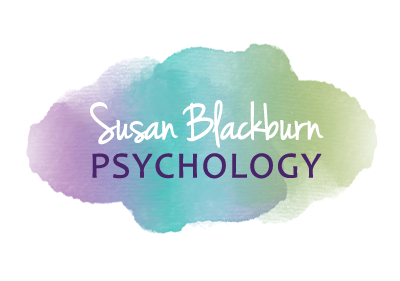When we’re stressed or anxious, it’s almost impossible to think clearly.
Our higher-level thinking has to be ‘programmed’ in order to ‘take over’ the instinctual brain. We’ve spent years with our instinctual brain controlling how we think and behave. The pathways in the brain for this type of response are automatic. In order to gain control over our thoughts, we need to practise thinking and responding in a helpful manner. With practise, the helpful pathway will become larger while the instinctive pathway diminishes.
When the helpful pathway becomes dominant, helpful thinking becomes dominant and automatic. Creativity is essential for problem-solving and decision-making; two functions that we rely on daily to make good choices in almost everything we do.
Unfortunately, we are unable to access much creativity when we’re stressed or anxious. While you’re feeling relatively relaxed, come up with several ‘general’ helpful thoughts you can use to combat unhelpful thinking.
Helpful thoughts are essentially any thoughts that make you feel good, inspire you, motivate you, give you energy and motivate you to take positive action. Unhelpful thoughts are any thoughts that make you feel bad.
Leading a fulfilling life includes committing to self care and self love, as well as doing what works instead of focusing on what’s right, wrong, fair or true. You will find it easiest if you have several previously generated helpful thoughts stored in your memory, because you won’t be able to create new helpful thoughts when you’re under stress.
Examples of unhelpful thinking are “My partner doesn’t make me a priority.”, or “He is so nice around others and moody when we’re alone.” Examples of helpful thinking are: “Providing for our family is very important to him.”, “I know she loves me a lot.” “I’m confident we’ll find the time to spend some quality time together.” “I love having the time to focus on and take care of myself.”
I’d love to hear from you. What are some helpful thoughts you use to combat unhelpful thinking?









